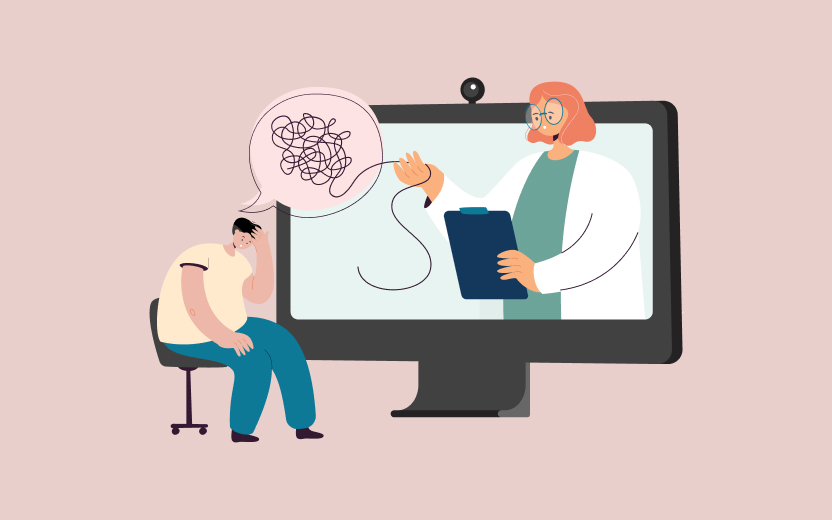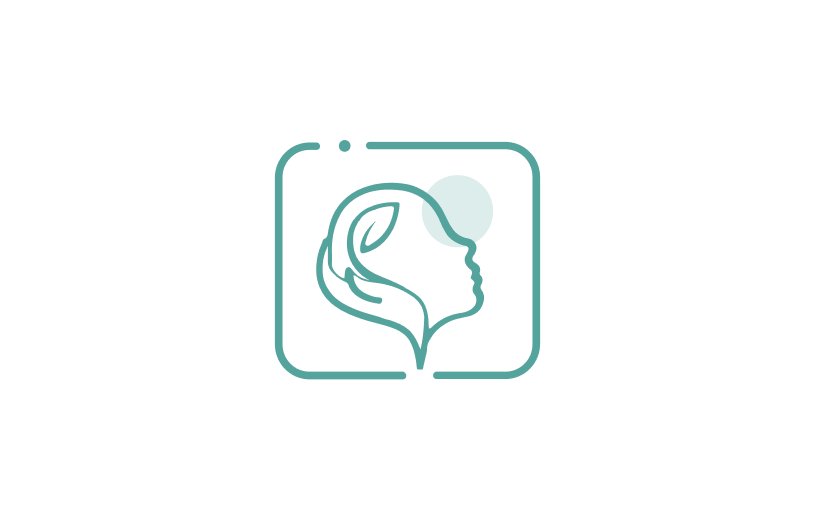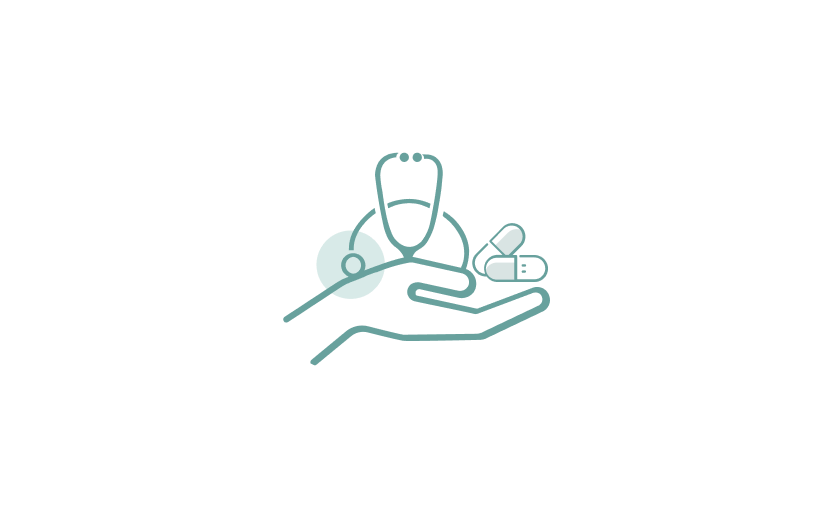Thought Disorders
Do you experience disturbances in your thinking, such as disorganized thoughts, delusions, or hallucinations? MediPsych specializes in personalized treatment plans and therapeutic interventions to help you regain clarity, enhance your cognitive functioning, and improve your overall well-being.
What are Thought Disorders?
Imagine a jumbled up puzzle, with the pieces scattered and not fitting together properly. That’s what it can feel like for someone with a thought disorder. Thought disorders are a group of mental health conditions that affect the way a person thinks, processes information, and communicates. These disorders can impact a person’s ability to have logical and coherent thoughts, leading to difficulties in understanding and expressing oneself.
Thought disorders are often associated with psychosis, a condition in which a person experiences a loss of touch with reality. These disorders can manifest in various ways and can be caused by a combination of genetic, biological, and environmental factors.
leading Symptoms
The many faces of Thought Disorders

Disorganized
Thinking
Thought disorders can often result in disorganized thinking. This can involve speaking in a way that is difficult for others to follow, jumping from one topic to another without any clear connection, or having trouble organizing one's thoughts in a logical manner.

Delusions
Delusions are false beliefs that are held despite evidence to the contrary. People with thought disorders may experience delusions, such as believing they have special powers, that they are being watched or persecuted, or that they have a special mission or purpose.

Hallucinations
Hallucinations are sensory experiences that occur without any external stimuli. Individuals with thought disorders may hallucinate, hearing voices that aren't there or seeing things that others cannot see.

Disordered
Speech
People with thought disorders may exhibit disordered speech, which can involve speaking in a way that is difficult to understand, using made-up words or phrases, or experiencing word salad, where words and phrases are jumbled together in a nonsensical manner.
Do you think you might have Thought Disorders?
Take the self-assessment
I find it difficult
- difficult
- easy
to do things that require me to think quickly. I
rarely
- rarely
- Often
- sometimes
- never
think before I speak. I find that my thinking is abnormals
- abnormal
- normal
.
- difficult
- easy
- rarely
- Often
- sometimes
- never
- abnormal
- normal
What symptoms to look out for
- Confused or incoherent speech
- Belief in conspiracy theories or unrealistic ideas
- Social withdrawal and isolation
- Paranoia or suspiciousness
- Inability to think clearly or stay focused
- Lack of emotional expression
- Inappropriate or disorganized behavior

Schedule an appointment to be assessed for Thought Disorders
Unmasking Thought Disorders:
Diagnosis
Diagnosing thought disorders involves a comprehensive evaluation by a mental health professional. This may include assessing the person’s symptoms, conducting interviews with the individual and their loved ones, and sometimes utilizing medical tests to rule out other possible causes.
Treatment
Finding the balance
Treatment plans for Thought Disorders typically involve a combination of therapies and medications. These may include:

Medication
Antipsychotic medications are commonly prescribed to manage the symptoms of thought disorders. These medications help to reduce hallucinations, delusions, and disorganized thinking.

Therapy
Psychosocial interventions, such as cognitive-behavioral therapy (CBT), can help individuals with thought disorders develop coping skills, improve communication, and manage their symptoms more effectively.

Support Systems
Having a strong support system, including family, friends, and support groups, is crucial for individuals with thought disorders. Supportive environments that provide understanding, encouragement, and assistance can greatly improve a person's quality of life.
